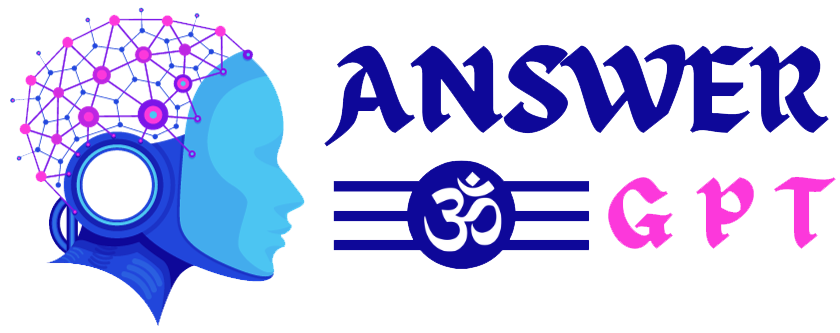1. Which of the following statements are true:
1. Top-level managers primarily require a high level of organizing functions.
2. First-level managers require the highest proficiency in leading functions.
3. Middle managers formulate the vision, mission, goals, and objectives.
4. Operational functions and technical proficiency are needed by the first-level managers.
5. Top managers focus on building interpersonal relationships and developing trust and empathy.
- 1,3,5
- 2 and 4
- 4 only
- 1, 2, 4
- 2, 3, 4
Answer :- 1, 2, 4
2. As the head of a project team, Rajat faced a challenge when team members seemed demotivated and lacked direction. Recognizing the need for inspiration, she held team-building sessions, encouraged open communication, and set clear goals. What aspects of managerial skills are required by Rajat?
- Problem-solving skills
- Organizing skills
- Leading skills
- Planning skills
- Controlling skills
Answer :- Leading skills
3. A multinational corporation implemented a new PMS (Performance Management System) to ensure that its subsidiaries across the globe adhere to established standards. The system includes regular performance assessments, KPIs, and feedback mechanisms. Managers utilize this to monitor and regulate the organizational processes effectively and efficiently. What aspect of management is exemplified in this case study?
- Planning
- Controlling
- Organizing
- Leading
Answer :- Controlling
4. Which statement best describes the difference between a vision and a mission?
- A vision outlines specific objectives; a mission emphasizes the overall purpose of the organization
- A vision focuses on short-term goals; a mission is concerned with long-term goals
- A vision defines the company’s value; a mission is concerned with strategic objective
- A vision is futuristic in nature; A mission communicates the fundamental reasoning behind its existence
Answer :- A vision is futuristic in nature; A mission communicates the fundamental reasoning behind its existence
5. In the maturity stage of the organizational lifecycle, a company faces stabilized growth and heightened competition. To sustain its market position, the management has decided to implement a strategy. What strategy is most suitable for the scenario?
- Market penetration through aggressive advertising and promotions
- Product diversification to explore new markets and customer segments
- Cost leadership by streamlining operations
- Divestment or Exit from the market due to the declining profitability and stagnation of the market share
Answer :- Market penetration through aggressive advertising and promotions
6. Which of the following skills is typically not included in the category of human skills?
- Technical Expertise
- Emotional Intelligence
- Teamwork and Collaboration
- Communication Skills
Answer :- Technical Expertise
7. Among the following options, which is not typically considered a decisional role of managers?
- Entrepreneur
- Resource Allocator
- Leader
- Negotiator
Answer :- Leader
8. The future of the work demands:
- Specialization in narrow fields and static expertise
- Continuous learning, adaptability, and a diverse skillset
- Emphasis on traditional skillsets and resistance to change
- Dependence on routine task and fixed career trajectories
Answer :- Continuous learning, adaptability, and a diverse skillset
9. The leading function does not include:
- Developing interpersonal relations
- Encouraging, motivating, and resolving interpersonal conflicts
- Face to face interaction, communication with members
- Ensure members actions are consistent with organizational values and standards
Answer :- Ensure members actions are consistent with organizational values and standards
10. Whose responsibility is to manage customer expectations?
- The entire organization and all employees
- External consultant hired for customer relations
- Exclusively the customer service team
- Only the marketing department
Answer :- The entire organization and all employees
